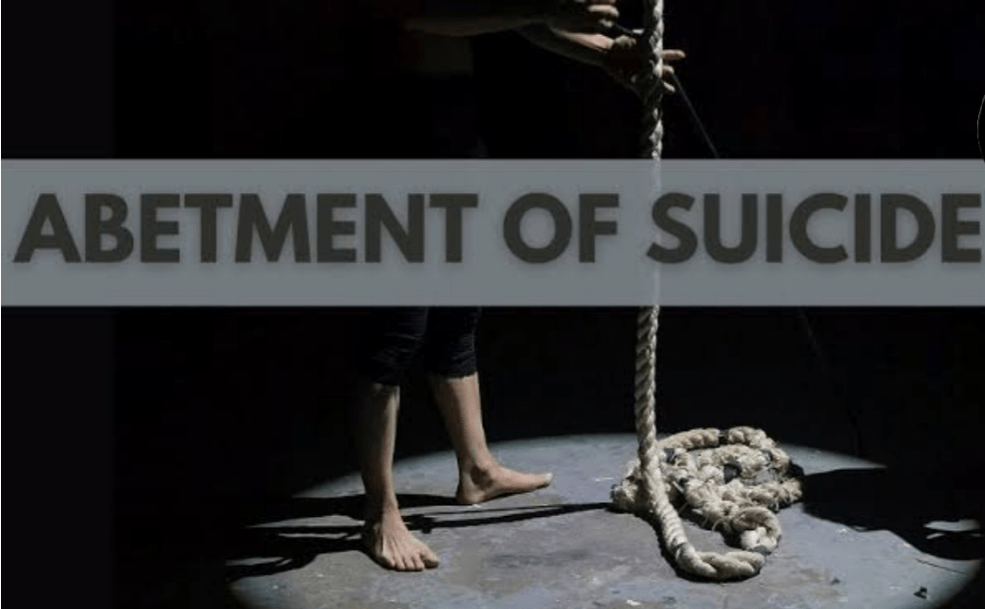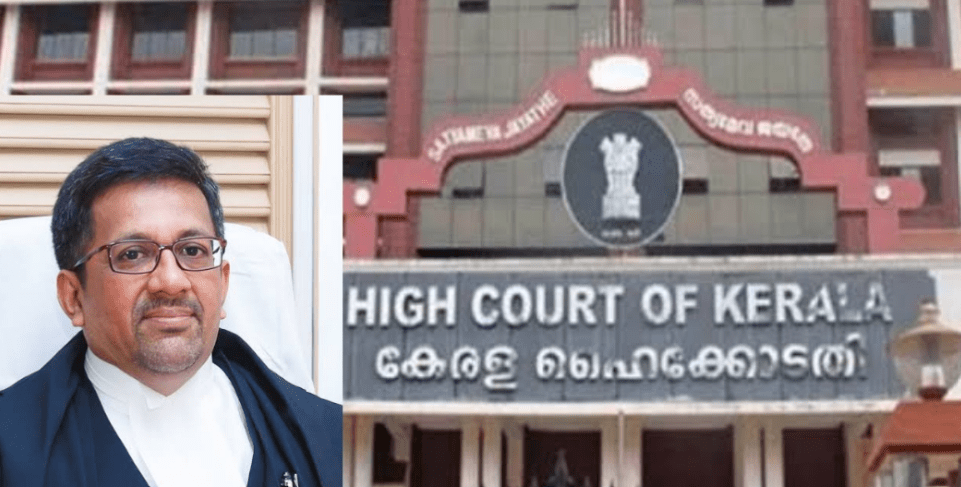The Kerala High Court recently clarified that just because a person is convicted under Section 498A of the Indian Penal Code (IPC) for cruelty towards a woman, it does not automatically mean that the person is guilty of abetment of suicide under Section 306 IPC.
This ruling came in response to an appeal filed by a man and his mother, both accused in the suicide of a woman allegedly due to dowry-related harassment. They were charged under several sections of the IPC, including Section 304B (dowry death) and Section 306 (abetment of suicide), in conjunction with Section 34 (acts done by several persons with a common intention).
The Sessions Court had convicted and sentenced both the man and his mother, leading them to appeal the decision in the High Court.
The High Court observed, “While subjecting a woman to cruelty can lead to a conviction under Section 498A IPC, it does not automatically prove that the accused abetted her suicide under Section 306 IPC. The same evidence cannot be used to infer guilt in both charges without establishing a direct connection.”
The Court further noted that both dowry death under Section 304B IPC and abetment of suicide under Section 306 IPC involve a reverse burden of proof, as stipulated under Sections 113B and 113A of the Indian Evidence Act.
To illustrate this, the Court referenced a similar reverse burden of proof placed on the accused under the Narcotic Drugs and Psychotropic Substances Act, 1985, as seen in the case of Noor Aga v. State of Punjab and Anr.
In the husband’s case, the Court found that the prosecution had sufficiently established the key elements required for a conviction under Section 304B IPC, which include:
- The death occurred under unnatural circumstances.
- The death took place within seven years of marriage.
- The woman was subjected to cruelty or harassment by the accused related to dowry demands shortly before her death.
Given this, the Court upheld the husband’s conviction and sentence. However, in the case of the mother, the Court concluded that the prosecution had failed to prove her involvement in the alleged offenses, leading to her acquittal.
Case Title: Ajaykumat vs Anr Vs State of Kerala
Be a part our social media community:
Facebook: https://www.facebook.com/IndianMan.in?mibextid=ZbWKwL
Instagram:
https://www.instagram.com/indianman.in?igsh=MWZ2N3N0ZmpwM3l3cw==




